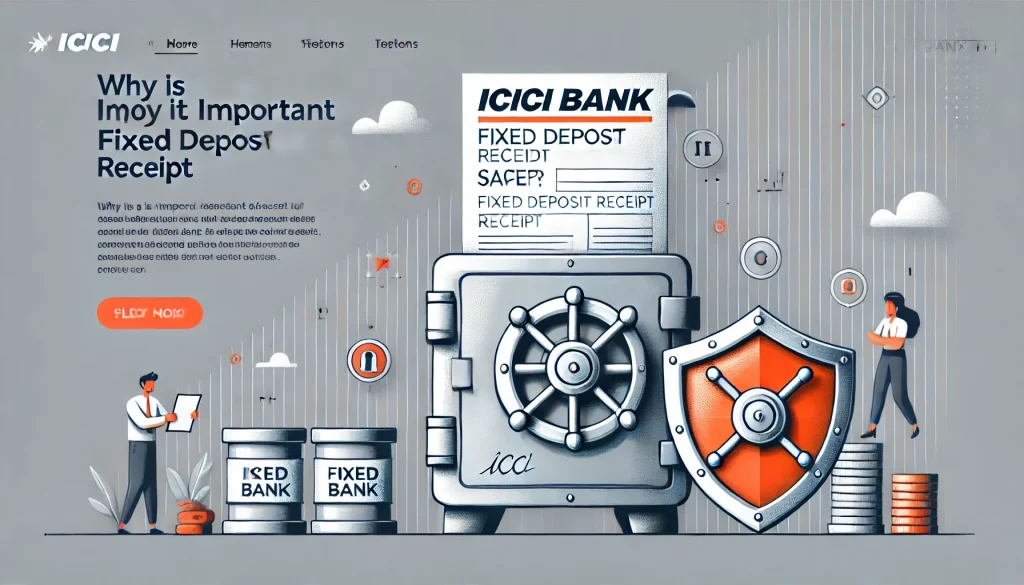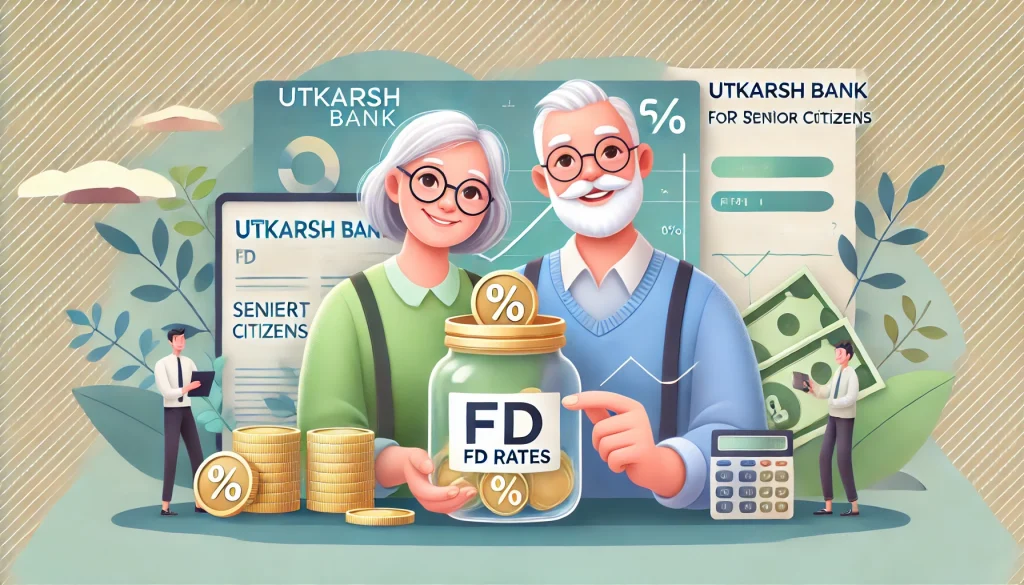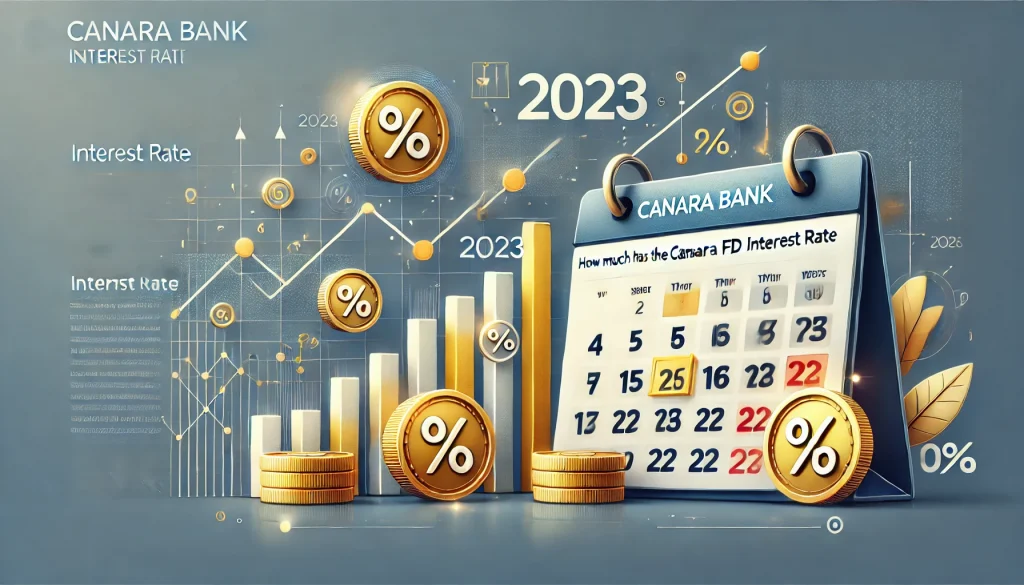
Fixed Deposits (FDs) have long been a preferred investment choice for many Indians due to their safety and assured returns. Besides steady income, FDs offer better returns than savings accounts. However, life can be unpredictable, and there might be situations where you need to access your FD funds before the maturity period. In such scenarios, you might have to prematurely withdraw your fixed deposits.
Let’s explore what’s a premature withdrawal of FD, its penalty, and how you can avoid the penalty.
What is Premature Withdrawal of Fixed Deposit?
Fixed deposits come with a lock-in period ranging from seven days up to 10 years. Premature FD withdrawal means withdrawing your FD before the maturity period.
However, a certain amount as a penalty needs to be paid by the depositor to the bank. The penalty charge varies from bank to bank and also depends on the tenure of investment.
Penalty on Premature Withdrawal of FD
When you opt for premature FD withdrawal, the bank charges a certain percentage as a penalty fee. The penalty varies in different aspects, such as the amount, tenure and from one bank to another, depending on the specific terms and conditions of the different types of FD schemes. The penalty amount is usually a percentage of the interest earned on the FD.
| FD Tenure | Less than Rs. 2 Crore | More than Rs. 2 Crore |
| Less than 7 days | NIL | NIL |
| Less than 1 year | 0.50% | 0.50% |
| 1 year to less than 5 years | 1.00% | 1.00% |
| 5 years and above | 1.00% | 1.50% |
How to Calculate Penalty on Premature Fixed Deposit Withdrawal?
The method of calculating the penalty for premature FD withdrawal may vary from one bank to another. However, it generally involves reducing the interest rate applicable on the FD to a lower rate for the period it remained with the bank and then applying the penalty on the reduced interest amount.
Let’s Consider an Example to Illustrate This:
Suppose you have a 3-year FD of ₹100,000 with an interest rate of 7.5%. However, you decide to withdraw it after 12 months. The bank will reduce the applicable interest rate for 12 months to 6.5% and then impose a penalty of 1% on this reduced interest. In this case, the interest rate will be calculated at 6.5% – 1%, i.e. 5.5%.
| Principal Amount | ₹100,000/- |
| Interest Rate (at the time of Booking) | 7.5% per annum |
| Tenure | 36 Months |
| Maturity Amount after 1-Year | ₹107,714/- |
| Interest Rate on 1-Year FD | 6.5% per annum |
| Premature Withdrawal Penalty | 1% |
| Payable Interest Rate | 5.5% |
| Final Amount | ₹105,614/- |
How to Avoid Penalty on Premature FD Withdrawal?
While premature FD withdrawal attracts penalties, there are a few strategies you can employ to minimize or avoid these charges:
1. Sweep-in FD
Opt for a sweep-in FD facility, if available. Sweep-in FDs are linked to your savings or current account, and any surplus amount in these accounts gets automatically transferred to the FD, thereby earning FD interest. When you need funds urgently, the FD will be broken partially, and you can access the required amount without incurring penalties on the remaining FD balance.
2. Overdraft FD
Consider opening an overdraft against an FD account. This allows you to take a loan against your FD without breaking it. The interest on the overdraft is usually marginally higher than the FD interest, but it eliminates the premature withdrawal penalty.
3. FD Laddering
Instead of investing all your money in a single FD, opt for FD laddering. This involves dividing your investment into multiple FDs with different maturity periods. In case of any financial emergency, you can choose to break only one of the FDs, keeping the others intact and minimizing penalty charges.
4. Credit Card against FD
Some banks offer credit cards against FDs. If you have an urgent requirement for funds, you can use a credit card instead of breaking the FD. This way, you avoid the penalty, and the credit card can be paid off once the FD matures.
Disadvantages of Premature Withdrawal of FD
While premature FD withdrawal might seem tempting during financial emergencies, it comes with certain disadvantages:
1. Loss of Interest
The obvious downside is the loss of interest income on the FD. Withdrawing before maturity means you miss out on the full benefits of compounding.
2. Reduced Earnings
Even if you incur a penalty instead of losing the entire interest, it still diminishes your overall earnings on the investment.
3. Tax Implications
Premature withdrawal may have tax implications, reducing your overall post-tax returns.
Conclusion
Premature withdrawal of Fixed Deposit should be seen as a last resort due to the penalties and the loss of potential earnings. Instead, consider building an emergency fund or exploring other financial instruments that provide liquidity without compromising your long-term investments. Always consult with a financial advisor to understand the best course of action based on your individual circumstances.


